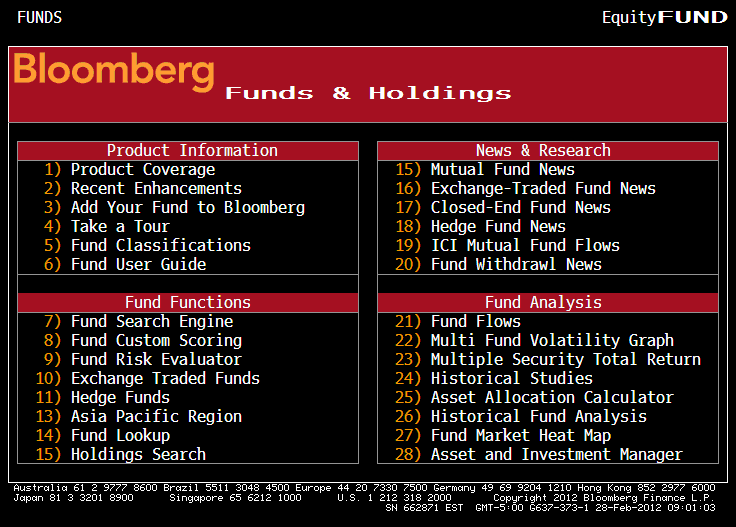MarketsMuse updates that State Street Corp., which lost its lead in exchange-traded funds after being a pioneer in the business more than two decades ago, is now betting on hedge funds.
The firm is expanding hedge funds and alternative investment strategies that can be offered to individual investors, Ronald O’Hanley, who in April replaced Scott Powers as head of the $2.45 trillion State Street Global Advisors, said in an interview from Boston. The money-management unit this month named Michael Ho to a newly-created role of chief investment officer for alternatives.
Ho, who heads active emerging market stock investing for State Street Corp.’s asset-management arm, will lead the unit’s expansion into these alternatives.
Last month, State Street Global Advisors named Ho to the newly created position of chief investment officer for alternatives, confirmed Brendan Paul, a spokesman for the Boston-based bank.
State Street is seeking to expand its asset management business as its active strategies — which command higher fees — have shrunk, and passive strategies such as ETFs have lost ground to BlackRock Inc. and Vanguard Group.



